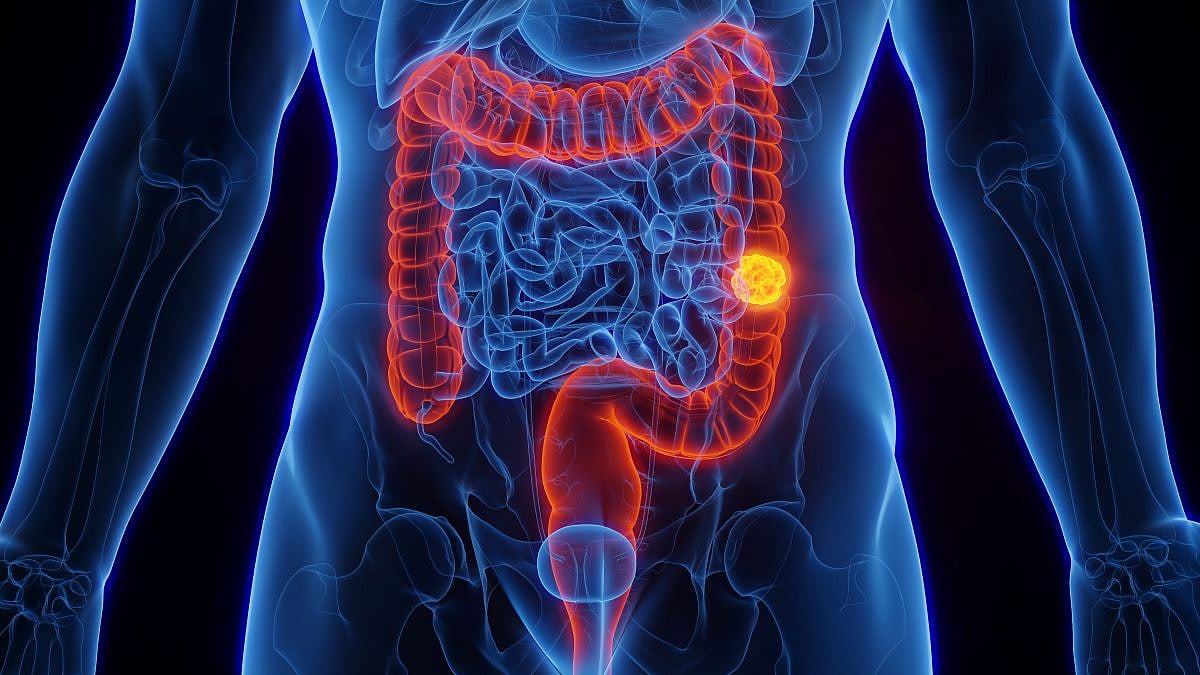Manténgase sano!

- Posted October 8, 2025
Bleeding Tied To Colon Cancer Risk Among Young Adults
Rectal bleeding could be a powerful early warning sign of colon cancer among younger adults, a new study says.
Such bleeding increased more than eightfold the odds of a colon cancer diagnosis among people younger than 50, researchers reported Tuesday at the American College of Surgeons’ annual meeting in Chicago.
By comparison, a family history of colon cancer was tied to just a twofold increase in risk, researchers found. About 70% of the patients diagnosed had no family history of colon cancer.
“Many of the early-onset colorectal cancers that I see have no family history,” said senior researcher Dr. Sandra Kavalukas, a colorectal surgeon at the University of Louisville School of Medicine in Kentucky.
“This research lends support to the question of who does or doesn’t warrant a colonoscopy: if you have a person below the screening age with rectal bleeding, you should seriously consider a colonoscopy,” Kavalukas said in a news release.
For the study, researchers looked at 443 patients younger than 50 who underwent a colonoscopy at the University of Louisville Health System between 2021 and 2023. Of those, 44% were diagnosed with early colon cancer.
Nearly 9 out of 10 of the patients (88%) diagnosed with colon cancer underwent colonoscopy due to symptoms like bleeding, researchers said.
By comparison, only a little more than half (55%) of those found cancer-free were driven to colonoscopy by symptoms, results showed.
Only 13% of the colon cancer cases had markers associated with an increased genetic risk for colon cancer.
Results also showed that patients diagnosed with early colon cancer were nearly twice as likely to be former smokers.
Researchers hope docs will use these results to help steer younger adults at risk toward a colonoscopy.
“If they’re 35 and they come in with rectal pain, they probably don’t need a colonoscopy,” Kavalukas explained. “But if they come in with a bleeding complaint, they are 8.5 times more likely to have a colorectal cancer.”
The U.S. Preventive Services Task Force recommends screening colonoscopies starting at age 45 for most people without a family history of the disease, researchers noted.
These results indicate there might be a critical gap in care for younger adults, who are not eligible for routine screening but are experiencing the fastest-rising rates of colon cancer, researchers said.
Findings presented at medical meetings should be considered preliminary until published in a peer-reviewed journal.
More information
The American Cancer Society has more on colon cancer.
SOURCE: American College of Surgeons, news release, Oct. 3, 2025

